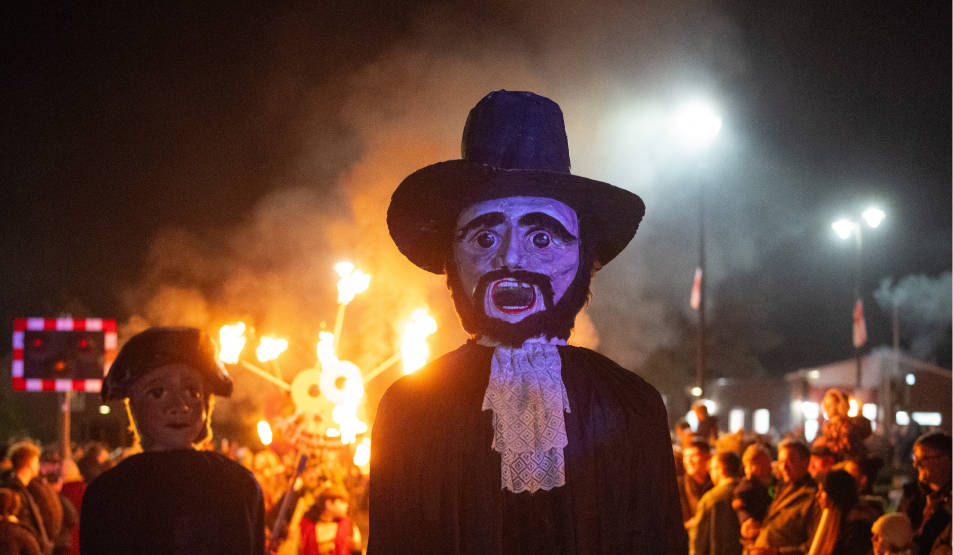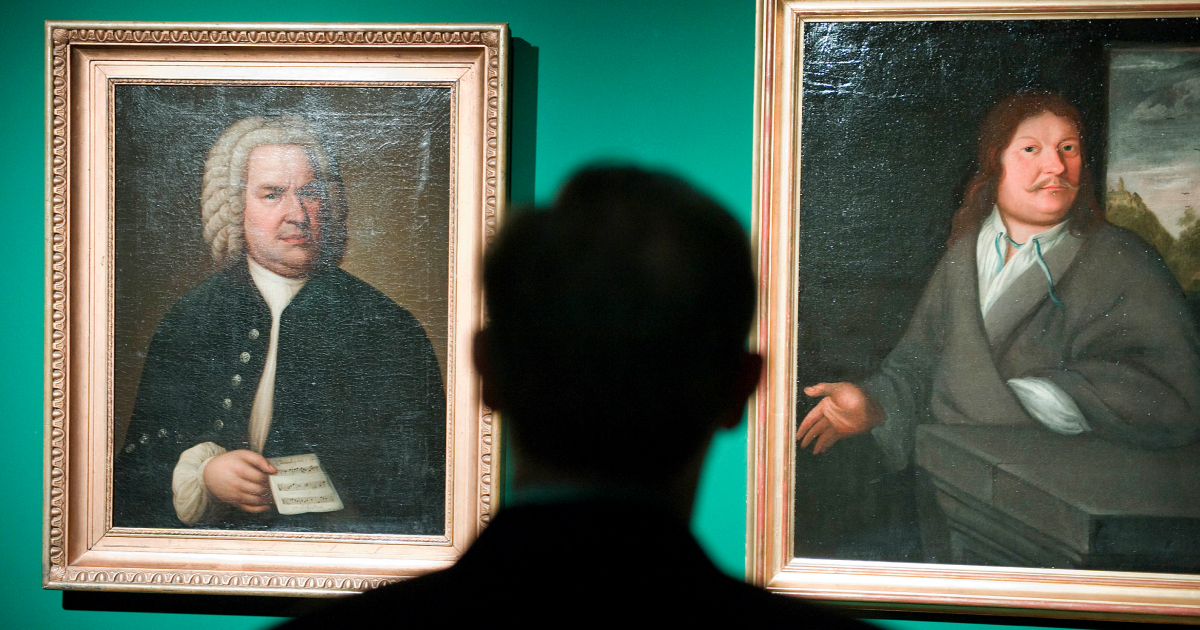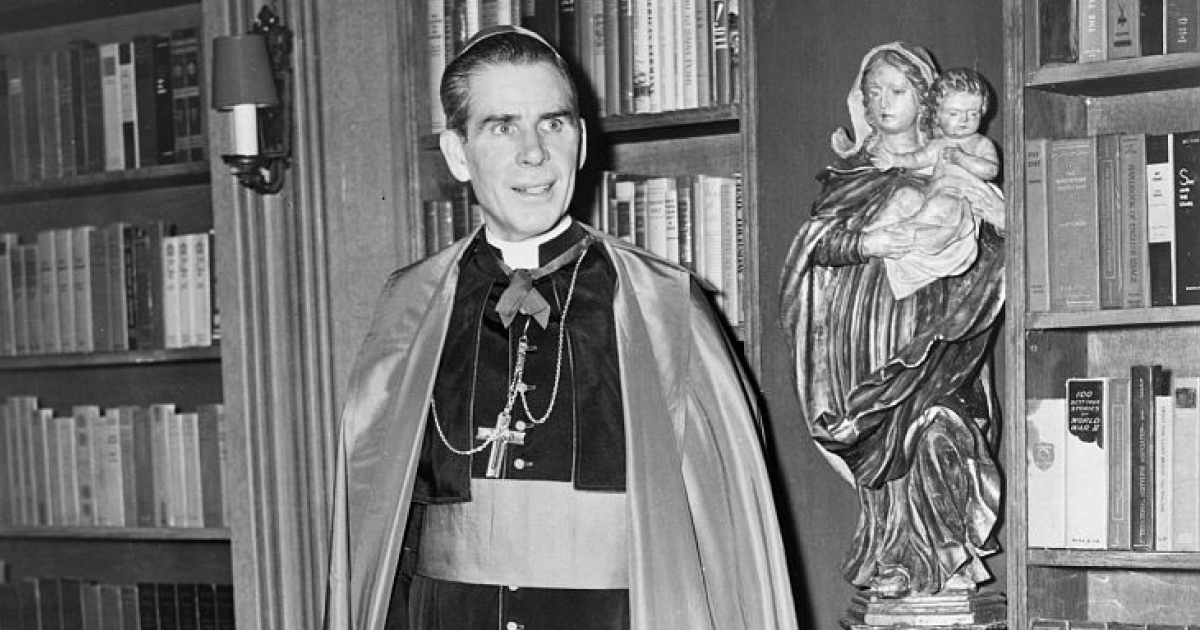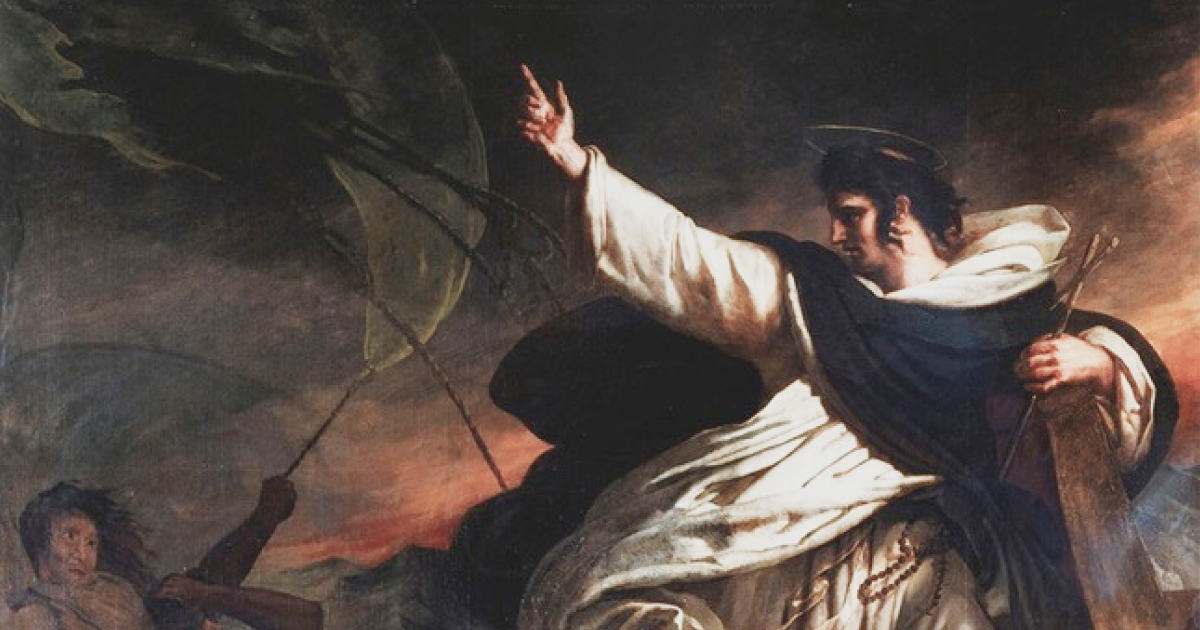My childhood memories at this time of year are not dissimilar to those of centuries of Englishmen: huddled around a makeshift bonfire in someone’s back garden or on a village green, watching an effigy of an obscure man disintegrate into cinders, blithely accepting the grown-ups who informed you that he was a bad man who deserved it.
Yet it seems I will be among the last generation for whom this was a staple of this time of the calendar year, a fixture of early November as much a ritual to us as Thanksgiving is to Americans. On 31 October, BBC News asked, “Is Bonfire Night being replaced by Halloween?” and it is hard to say it isn’t. The pathetic dribble of one or two fireworks that could be heard overhead across the country last week only seemed to confirm it.
The “bad man” being burned, for those who don’t know, is invariably Guy Fawkes – or (as in Lewes) the Pope. Yet the country no longer feels with much conviction that he really was a “bad man” any more, or at least much worse than your average run-of-the-mill villain, a grooming-gang rapist or a corrupt politician. Nor is the Pope the bogeyman he was once felt to be. The anti-Catholic paranoia once at home within English culture for three centuries following the Reformation is, just like the effigies, disintegrating into cinders.
Observers have reported that Bonfire Night celebrations have been in decline for well over a century. But to understand what this decline really means, one has to immerse oneself imaginatively in the environment of the late sixteenth and early seventeenth centuries in England. Few today – even Englishmen and women – fully appreciate how suffocatingly oppressive that world was.
The Tudor and early Stuart states, as Dominic Selwood, who is an Oxford historian and fellow of the Royal Historical Society, explains, were the first totalitarian regimes in Europe. Nothing like the oaths the Tudors demanded all their citizens swear (and the fines, imprisonment and executions for those who refused) had ever been seen before. If you ate fish (“popish flesh”), you were suspected of being a Catholic. Priest-hunters (an early manifestation of the KGB) swarmed the cities and countryside; innocent citizens were harassed at checkpoints and while going about their everyday lives. In that atmosphere, burning an effigy was a way to prove you were a good Protestant.
Bonfire Night remains perpetually fascinating because it offers an almost unparalleled window into the unresolved contradictions at the heart of English identity. It invites questions of historiography – how we choose to tell and interpret the stories of our past. Here we have Englishmen, or a collection of them, ready to engage in a plot which, to Catholics at least, was potentially justifiable. Their priests and co-religionists were being mercilessly and often brutally murdered by the state. England’s thousand-year spiritual inheritance was being torn up with the vandalism and looting of her churches, the destruction and desecration of her monasteries. In a war, English Catholics might reasonably have thought, retaliation is often justified.
To Anglicans, of course, it was a propaganda gift. Proof of Catholic treachery, it was used as a stick to beat “papists” for centuries. Yet this no longer holds sway. Why? Ignorance plays a part, but not the whole. Guy Fawkes has been repatriated, his meaning transformed, and anti-Catholicism – at least in its Protestant form – has gradually disappeared.
In popular culture, Fawkes has become a kind of folk hero. The film V for Vendetta (2005) and the Guy Fawkes mask adopted by the vigilante hacker group Anonymous turned him into a symbol of rebellion against corrupt authority. Then there is the present unpopularity of politicians on both left and right: the two main parties, the Conservatives and Labour, both face electoral collapse for the first time in history. Today you are far more likely, in any pub, gym or running club, to get a wry grin or even an enthusiastic nod at the thought of someone igniting barrels of gunpowder beneath Westminster than you are to meet disapproval.
The BBC’s series Gunpowder (2017), which was directed by and starred Game of Thrones actor Kit Harington, was a sign of this changing sympathy. The eminently handsome actor comes from a semi-aristocratic family and his middle name is Catesby (owing to his mother). He made the series in homage to his ancestor Robert Catesby, the de facto leader of the Gunpowder Plot, even though Fawkes, caught beside the barrels and the fuse, takes the rap in popular imagination.
The mini-series plainly laid bare truths which would perplex those still holding on to old prejudices. With a portrayal a far cry from anything Protestant England would ever have approved without controversy, Harington’s Robert Catesby in Gunpowder offers a flattering self-image for the English. The plotters are portrayed as conflicted patriots rather than treacherous villains – young, brave and wronged by a tyrannical regime. Driven to a corner, unfairly treated, competent, eligible, manly, zealous, audacious, even good-looking – the series portrays perhaps for the first time the other side frankly, and things the history books also confirm.
There is other evidence that sympathy for the plotters may have a more natural and permanent home in the English consciousness. York, which proudly claims Fawkes and two other conspirators with him as native sons, has always had an ambiguous relationship with Bonfire Night. St Peter’s School, where Fawkes was a former pupil, has long banned the burning of his effigy. Perhaps that too is telling. The plotters were not foreign infiltrators but English boys themselves – and now, as Anglicanism wanes, so too does the reflex to despise them.
The Church of England (CofE) has long suffered from something that in the secular dating world is known as “nice-guy syndrome”. This phenomenon is where women are repulsed by ostensibly highly agreeable and friendly men because the female intuition senses the fakeness and desperation behind their courtship. Their agreeability is realised for what it is: a mask for their bankrupt, insubstantial personality with few convictions, little leadership – and certainly no courage to stand by them when doing so might make one disliked and lose them the affections they covet.
So, as “nice guys” do with the women they attempt to flirt with, the CofE has cheered and thrown itself into the prevailing cultural and political winds in an attempt to court membership but has instead repulsed the nation. The five-hundred-year-long Protestant state church experiment in this country is over.
And as the CofE’s credibility wanes and its lack of convictions (like the “nice guys”) is found to be deeply unattractive, perhaps the audacity and zeal of figures like Fawkes, Catesby and their ilk begin to seem more intriguing (if not admirable) by contrast. Their solution may have been objectionable, but it was anything but the response of a “nice guy” pushover.
Of course, there are many reasons why Bonfire Night has lost its spark: the dominance of digital entertainment, the rise of Halloween, historical ignorance, demographic change. But any reading that does not acknowledge the disappearance of Protestant and Anglican sentiment from the nation’s convictions is incomplete. It is a substantial part of the story.
The fact that the English no longer burn a makeshift Catholic dissident or a papal effigy may not be due to their sudden embrace of Romanism, but from a Catholic perspective, it still retains an opportunity. The culture’s ignorance has, in effect, turned to their advantage. Spirituality is a universal human need. Wherever human civilisation is found, so too is religion. The decline of Anglicanism will not mean the disappearance of faith.
In this vacuum, Catholicism has two advantages: one, that it is the most clearly apostolic form of the true religion of Jesus Christ; and two, particularly pertinent for England, that despite the now-waning once-dominant propaganda otherwise, as our old boys like Guy Fawkes show, furiously passionate Catholicism has much more history and precedent on our isle than its enemies like to pretend.
As the November bonfires are reduced to embers, to ash, then blown aside by the gale, the English are rediscovering that the earth they smouldered upon is much more Catholic than once thought.
(Photo by Carl Court/Getty Images)










.jpg)






